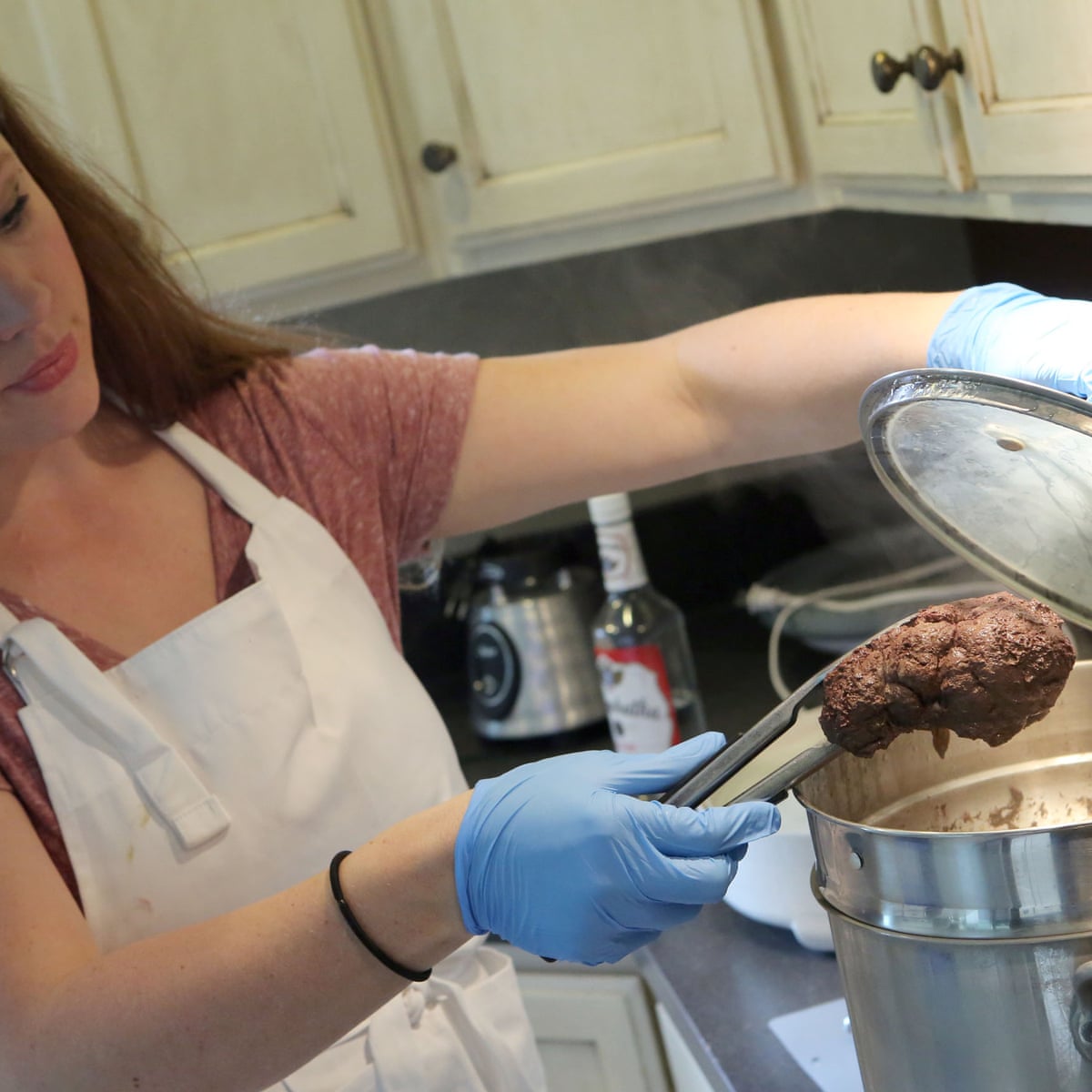Some prefer it raw or cooked as part of a meal or in a smoothie while others grind it into powder and put in capsules for easier ingestion. Eating the raw placenta could help the mum recover from giving birth and boost her strength while breastfeeding according to the theory.
 No You Shouldn T Eat Your Placenta Here S Why
No You Shouldn T Eat Your Placenta Here S Why
In rare cases they do right after birth but usually folks will blend some in a smoothie in the first few days after birth.

Why do people eat their placenta. At this point there are no medical studies that have been done about eat placenta yet. Those who practice placentophagy or placenta eating have a number of ways to consume it. It is a waste product from childbirth so why would anyone choose to eat a raw human placenta.
Why do people eat their placenta. How people do it. How do people eat placenta.
The practice is called placentophagy and according to one study 25 percent of women would be willing to try it. People who eat their placenta also say it can level off your hormones lowering your chances of postpartum depression and insomnia 1. Eating placenta known as placentophagy is something that most mammals except for humans and aquatic mammals do.
One of this is due to its high nutrient consistency. Answer From Mary Marnach MD. People who support eating the placenta say that it can raise your energy and breast milk quantity.
The placenta is an intricate organ that nourishes the growing fetus by exchanging nutrients and oxygen and filtering waste products via the umbilical cord. Placentas contain remainder nutrients and hormones that were passed from mother to child in utero but no clinical studies attest to their benefit or harm. They also say it can level off your hormones lowering your chances of postpartum depression and.
The practice of eating placenta or placentophagy is common in the animal kingdom. In almost all mammals the placenta - the organ that develops in pregnancy to provide oxygen and nutrients to the baby and remove waste products -. Extremely nutrient-dense consuming the organ is said to fend off post-partum depression reduce pain and bleeding after birth and increase breast milk production.
It sustains life in the womb and has fulfilled its primary purpose once it leaves the mother during. Typically women eat their placenta after delivery to reap potential benefits such as a quicker recovery from birth. I got gist for you well aside from the already mentioned reasons.
It is believed that most non-human mammals with a placenta. What we found was that people usually decide to eat their placentas because they either previously had or felt they were at risk of a negative experience during birth and the post-partum period. There are actually a number eat placenta benefits.
This is also the reason why a lot of animals including herbivores eat. According to the tales of various mothers the benefits are potent. A lot of doctors might counsel you against eat placenta.
The placenta is actually taken in capsule form and there is so much more behind this than eating the placenta. I feel strongly about this for two reasons. The idea of eating your placenta conjures up images that could put many women off.
Some cultures believe that these nutrients found in placenta could help nourish the body. Eating of the placenta is not a new practice. Parenting forums can be important spaces for women to seek advice including about placentophagy.
There are people who still do it there doesnt seem to be anything that says it is going to cause you any harm at all. So do people just wolf down their placentas right after giving birth like other mammals do. The question why do people eat placenta makes a serious respected clinical process sound.
For those animals eating the placenta has benefits including encouraging bonding between the mother and baby and providing post. The jury is pretty much out on whether it is healthy or unhealthy. Eating your placenta after giving birth placentophagy can pose harm to both you and your baby.
Well some people actually do eat it raw. There are many ways to go about eating placenta.
